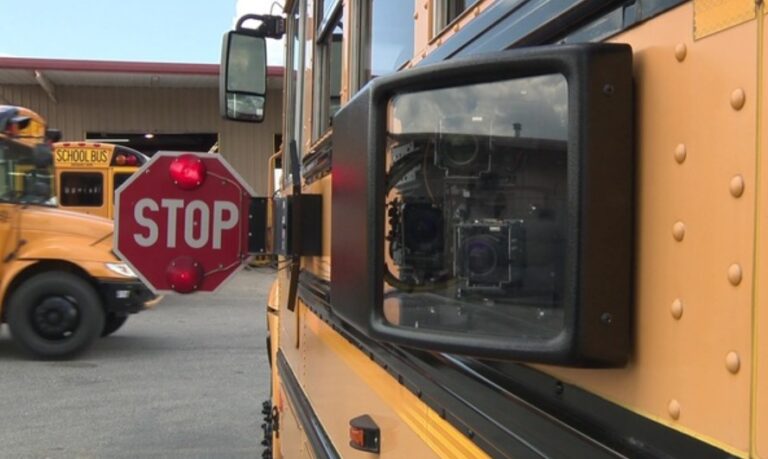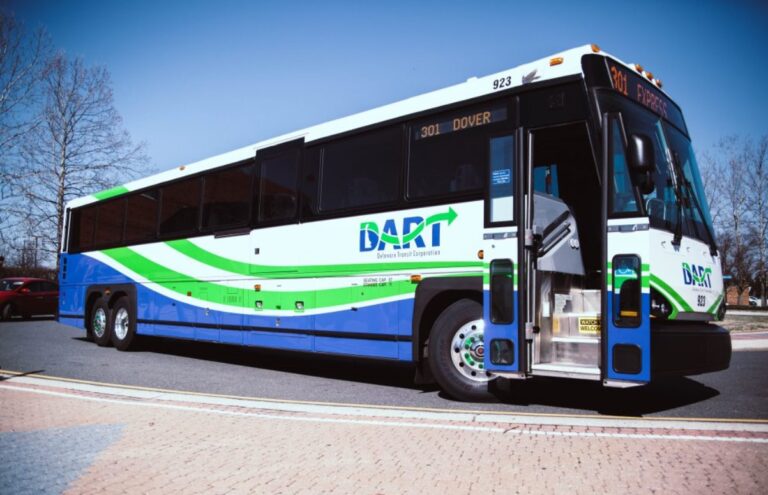Do School Buses Have Turbos? All You Need To Know
In the realm of school transportation, the efficiency and safety of school buses are paramount. Among the many questions that arise regarding their design and functionality, one that stands out is: Do School Buses Have Turbos? This article dives deep into this topic, offering insights and key information. The presence of turbochargers in school buses is a subject that intrigues many, from parents to vehicle enthusiasts.
Key Takeaways
- Understanding the role of turbochargers in school buses.
- Analyzing the impact of turbos on performance and efficiency.
- Exploring the common types of engines used in school buses.
Do School Buses Have Turbos?
Most modern school buses are equipped with turbocharged engines. Turbochargers are designed to boost engine efficiency and power output.
They work by compressing the air that flows into the engine, allowing more oxygen to aid in the combustion process. This results in improved performance, especially in larger vehicles like school buses.

The Role of Turbochargers in School Buses
Turbochargers in school buses serve a dual purpose. Firstly, they enhance the engine’s power, making it more suitable for carrying the significant weight of a fully loaded bus. Secondly, turbos contribute to better fuel efficiency, which is crucial in managing transportation costs for educational institutions.
Impact on Performance and Efficiency
Turbocharged engines in school buses offer a balance between performance and efficiency. They provide the necessary power for safe and smooth transportation while minimizing fuel consumption. This efficiency is particularly beneficial given the frequent stop-and-go nature of school bus routes.
Engine Types in School Buses
School buses typically employ diesel engines, known for their durability and efficiency. Diesel engines, coupled with turbochargers, form a robust system that ensures reliability and performance in school transportation.
Common Diesel Engines in School Buses
The most common diesel engines found in school buses include brands like Cummins, Caterpillar, and International. These engines are chosen for their long-term reliability and compatibility with turbocharging technology.
Benefits of Diesel Engines in School Buses
Diesel engines offer several advantages in the context of school buses. They are known for their longevity, which is essential for vehicles that require a long service life. Additionally, diesel engines, especially when turbocharged, provide the necessary torque for transporting heavy loads over various terrains.
Safety and Maintenance of Turbocharged School Buses
When it comes to school buses, safety is a top priority. Turbocharged engines must be maintained properly to ensure their safe operation. Regular maintenance checks are crucial for keeping these vehicles in top condition.

Importance of Regular Maintenance
Regular maintenance of turbocharged school buses includes inspecting the turbocharger system, checking oil levels, and ensuring that all components are functioning correctly. This preventive approach helps avoid potential issues and prolongs the vehicle’s lifespan.
Safety Features in Turbocharged School Buses
Modern turbocharged school buses are equipped with various safety features. These include advanced braking systems, electronic stability control, and exhaust systems designed to reduce emissions. Together, these features ensure the safe transportation of students.
Environmental Considerations
The environmental impact of school buses is a growing concern. Turbocharged engines, particularly in diesel buses, can help mitigate this impact by improving fuel efficiency and reducing emissions.
Emission Standards and Compliance
Turbocharged diesel engines in school buses are designed to comply with stringent emission standards. These standards aim to reduce the release of pollutants, making school buses more environmentally friendly.
Advancements in Turbo Technology
Recent advancements in turbocharger technology have further enhanced the environmental benefits. Modern turbos are more efficient, reducing fuel consumption and emissions while maintaining performance.
Can We Use A Turbocharger in a Bus Engine?
Yes, turbochargers can be used in bus engines, and they are commonly found in modern buses. The primary purpose of a turbocharger is to increase the engine’s efficiency and power output by forcing extra compressed air into the combustion chamber.
This process is particularly beneficial for buses as it enhances their ability to carry heavy passenger loads and maintain consistent performance across varying driving conditions.

In bus engines, especially those running on diesel, turbochargers help in achieving better fuel efficiency. This is crucial for commercial transportation, where fuel costs significantly impact operational expenses.
Moreover, turbochargers in bus engines contribute to reducing exhaust emissions, aligning with global efforts to lower public transport’s environmental footprint.
The application of turbochargers in bus engines is not just limited to new models. Many older buses can be retrofitted with turbochargers, although this process can be complex and costly.
The decision to retrofit depends on factors like the age of the bus, the cost of the turbocharger, and potential benefits in terms of performance and fuel efficiency.
Are Transit Buses Turbocharged?
Many modern transit buses are equipped with turbocharged engines. The trend towards turbocharging in transit buses has grown in recent years, driven by the need for more efficient and environmentally friendly public transportation systems.
Transit buses, which typically operate in urban environments with frequent stops and starts, benefit significantly from the enhanced efficiency and power delivery that turbochargers provide.

Turbocharged engines in transit buses offer improved fuel economy, which is vital for municipalities and transportation authorities looking to reduce operational costs. Additionally, these engines meet stricter emission standards, which is increasingly important in urban areas where air quality is a major concern.
The use of turbochargers in transit buses also contributes to better performance in terms of acceleration and hill-climbing ability, essential attributes for buses operating in cities with varying topographies. The overall impact of turbocharging in transit buses is a more responsive, efficient, and cleaner public transportation option.
Are Metro Buses Turbocharged?
Metro buses, like other forms of public transit buses, often incorporate turbocharged engines. The adoption of turbocharging technology in metro buses aligns with the ongoing efforts to enhance the efficiency, performance, and environmental sustainability of public transport systems in metropolitan areas.
Turbochargers in metro buses provide a significant boost to engine performance, facilitating better handling and responsiveness in dense urban traffic. This is particularly important for metro buses that operate in large cities, where they need to navigate through busy streets and maintain strict timetables.
Another key aspect of turbocharged engines in metro buses is their contribution to fuel efficiency. Given the extensive operational hours of metro buses, even slight improvements in fuel efficiency can result in substantial cost savings over time.
Additionally, turbocharged engines help metro buses meet stringent emission standards, reducing the public transport system’s environmental impact in metropolitan areas.
Conclusion
In conclusion, turbochargers play a vital role in modern school buses, offering enhanced performance, efficiency, and environmental benefits.
The integration of turbos in school bus engines signifies a commitment to safety, reliability, and sustainability in student transportation. The use of turbocharged engines in school buses is a testament to the continuous evolution of school transportation, prioritizing the well-being of students and the environment alike.
Frequently Asked Questions
How do turbocharged school buses perform in different climates?
Turbocharged school buses generally perform well in various climates. However, in extremely cold conditions, additional measures might be necessary to ensure optimal performance, such as proper engine warming and using the right type of fuel.
Can turbochargers be retrofitted into older school buses?
Retrofitting a turbocharger into an older school bus is technically possible but might not be cost-effective or practical. It requires significant modifications to the engine and supporting systems, and it’s essential to ensure compliance with emission and safety regulations.
What is the lifespan of a turbocharger in a school bus?
The lifespan of a turbocharger can vary but typically aligns with the lifespan of the engine itself if properly maintained. With regular maintenance, a turbocharger can last for several hundred thousand miles.
How do turbochargers impact fuel consumption in school buses?
Turbochargers can improve fuel consumption by making the engine more efficient. This is particularly beneficial for school buses, which operate for extended periods and on defined routes, as it can lead to significant fuel savings over time.

Welcome to the exhilarating world of Matt Rex, a professional car racer turned renowned vehicle enthusiast. Immerse yourself in his captivating blog as he shares heart-pounding adventures, expert reviews, and valuable insights on cars, trucks, jets, and more. Fuel your passion for speed and discover the beauty of vehicles through Matt’s engaging stories and meticulous expertise. Join the ever-growing community of enthusiasts who find inspiration and expert advice in Matt Rex’s blog—a digital hub where the thrill of speed meets the pursuit of knowledge.







